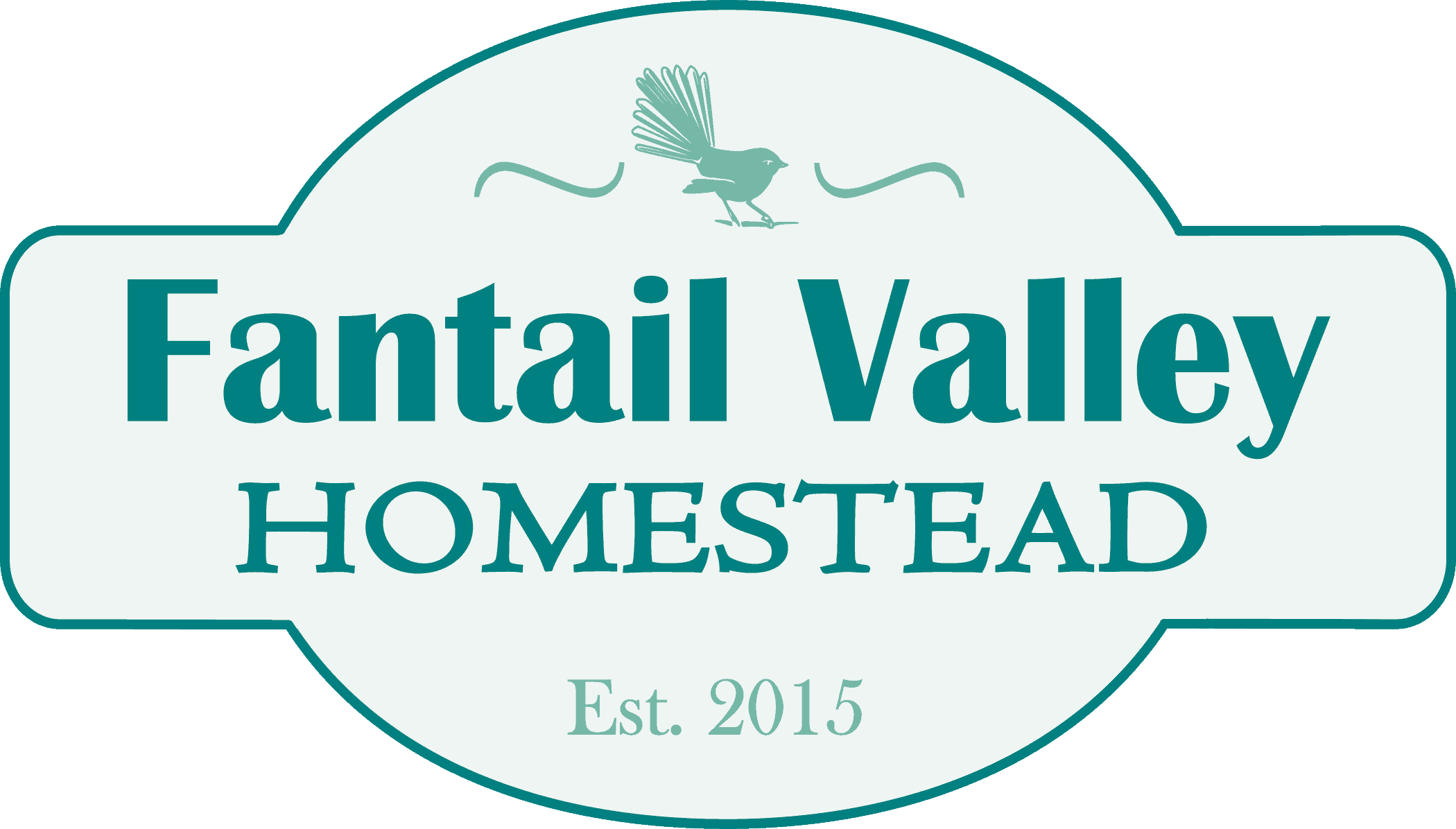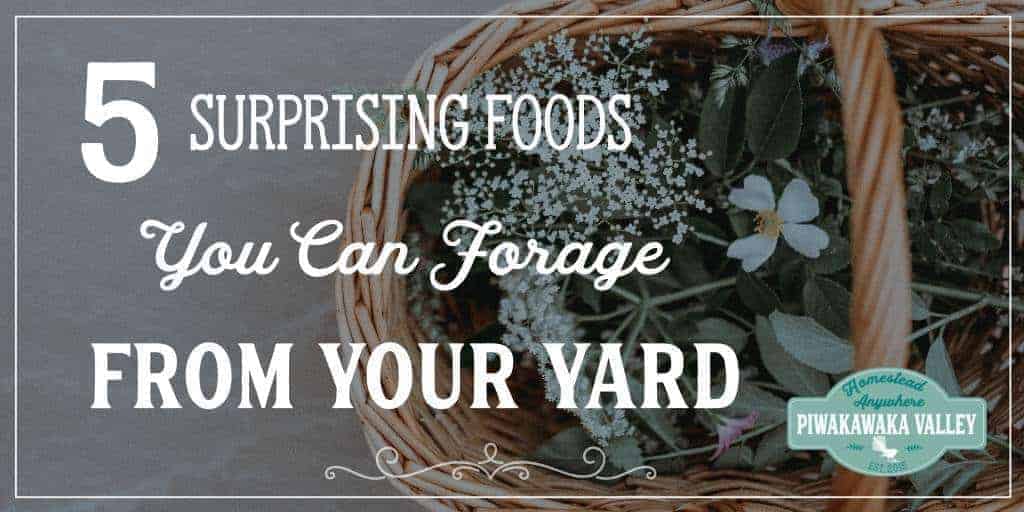This post was most recently updated on December 7th, 2021
With being very tight in many homes at the moment and rising, and many suggesting that it is going to get worse before it gets better, is one of the few places many of us have wiggle room to save . Here are 12 counter intuitive ways to save buying and cut your significantly.
Please read: This information is provided for educational purposes only and is not intended to treat, diagnose or prevent any disease. We encourage you to make your own health care decisions in partnership with a qualified health care professional.
This post contains affiliate links, this means at no extra cost to you, we make a commission from sales. Please read our Disclosure Statement
How to save money on food
If you search for “” you will find a lot of posts suggesting:
- Buy in bulk
- Shop less often
- Eat a -free
And I am here to tell you the complete opposite! is one of the largest household expenses after housing, so it is one of the best places to turn your focus if you need to save fast.
12 Crazy ways to save on your
Here are the 12 best ways to save money in your food budget, some of them might surprise you!
1. Don’t buy in bulk (if it doesn’t make sense to)
Buying in bulk is the classic given for with . However, I want to suggest a counter-point (well two actually).
Buying in bulk isn’t always cheaper.
Take a calculator with you when you go shopping and look for the best deal per kilogram/gram or pound/ounce.
You will often find that the items on special that week are cheaper than the non on special bulk bags. Also, there is economy of scale – the more popular size is usually cheaper because they make and sell so much of it.
In our local supermarket the 1kg bags of rice are cheaper per kilo than the 10kg bag. Crazy but true.
This is especially true in the basic items like rice, flour and sugar.
RELATED: How to properly stock your homestead pantry
RELATED: How to survive a recession
Bulk can go to waste
Only buy the bigger packet or larger amount if you can guarantee you can keep it fresh until you use it. Weevils will happily infect flour, sugar and grains, mice will happily eat (or just pee on) anything you have stored. Ants and other pests are also very destructive.
If you do buy dry goods in bulk, be sure to have pest-proof storage options already.
Perishable items should not be bought in bulk unless you have a plan to freeze or otherwise preserve them. tends to have a longer shelf life, but they too will go off given enough time.
Having a store of is great, but be sure to use the oldest ones first, this is not a time to buy up large, store them somewhere and never use them.
Bulk bins / self serve small volumes
Use the bulk bins to buy small volumes of spices etc that you might need for recipes if they aren’t items that you use regularly.
If you use certain spices a lot, buy them in big bags and save that way.
We buy our chili powder from the Indian market, and paprika in 500g (1lb) bags. But things like fenugreek I buy by the tablespoonful in the bulk bins because we don’t use it often.
Don’t waste your precious on that you won’t use before it goes bad, no matter how good of a deal it is.
2. Avoid the buy more and save deals
Perishable items like and vegetables will need to be preserved or frozen if you buy more than what you can use in a typical week.
Avoid the three for the price of two deals on things like broccoli unless you KNOW that you will use them. Usually you will find you don’t use them and you would have been better off just buying one.
Getting a great deal on a kilo of fresh berries is great, but you will need to use or preserve them within a few days or else you just wasted the . will last a long time if it is in a sealed package, so you can freeze spread out on a tray and as soon as it is frozen, move them to ziplock bags and continue to freeze them.
The buy more and save deals CAN be helpful on non perishable items if they are something that you actually eat regularly but avoid the if you know you won’t eat things before they go bad.
3. Don’t keep a (rigid)
help make dinners predictable and take the stress out of the “what shall we have for dinner” conversation and make your shopping lists very predictable.
However, plans do not usually allow for making the most of the weekly specials, seasonal variations, or the bulk foods that you have stored that you need to rotate through using.
If you need a , try and make it more flexible. Instead of beef burritos, try just making it Mexican night, or soft tacos and then you have the flexibility to use whatever foods fit within that category that fit within your , or that you have in the fridge that need used up.
4. Embrace the
Instead of making a feed exactly the number of people in your house and ending up with little half-empty packets of things. I suggest that you make the full amount, and then utilize the cooked later in the week.
A large cook up of /mince can be used in several meals in a row with the addition of different spices.
If you make a big dish of lasagna or bacon and egg pie and only eat half of it it can be used as an easy cook dinner for another night of the week and save you from buying more expensive . Or if there is only a few servings left it can be your lunches for the week.
Leftover soup
Left over soup also known as anything soup was a staple during the depression where any left over vegetables or scraps that needed eaten asap were added to a soup.
The good thing about soup is that you can use veggies and other that you wouldn’t want in a salad anymore. Slightly rubbery carrots, or limp cabbage or celery would be shunned if you served them up raw, but in a soup blended together no one will be any wiser.
Leftover night
Sunday night in our house is often night where we endeavor to use all the from the week. Either as individual dishes, as a leftover soup, a curry, or an on top of pizza depending on what we have that needs used up.
5. Shop more often
I know it is suggested that you only shop once a week at the most to save . However, if you are like me and buy a lot of or you have limited capacity to store then shopping twice a week could actually save you .
This does need some caveats. The idea behind shopping less often is that you avoid buying things that you don’t need on impulse.
This is still something that you need to watch.
Going in to the supermarket twice a week will expose you to things you don’t need more often. You need to stick carefully to your UNLESS you spot a really good deal on something that you KNOW for sure that you will eat before it goes off, or it is a super good deal on something that will store well.
Some people also like to shop around, this can be a great way to see what is on special in different stores, and you will get used to knowing what items are cheaper and where and it can help your go further.
6. Buy short dated stock if it is cheap
The upside to shopping more often is that you are twice as likely to see a really good deal.
is and this means it doesn’t last on the store shelves and you can often pick up clearance items for very cheap. I always check for clearance or short dated stock when I am in the .
Often they are on things like dairy or , both of which can be frozen until you need them. Use by dates only apply to the product how it is now, so if there is one day until its use by date and you freeze it that pauses that until you unfreeze it.
and vegetables don’t always act the same when they are defrosted, they are best used for cooking after defrosting, most are texturally unpleasant to eat raw after being frozen.
RELATED: How to freeze milk in jars
RELATED: How to freeze without plastic
It is worth noting that best before and use by dates are a suggestion, you have a much better rotten detector – it is your nose and eyes. Use by dates always have a few days of leeway built in, give it a sniff, if it smells OK it is fine.
Our sniffer has kept our species alive a lot longer than printed use by dates have been around!
7. Can, freeze or cook bulk deals
If you get a super deal on something, take it home and set aside some time to preserve it somehow. Preserving perishable doesn’t need to be difficult, and some are really easy skills to learn. Check out some of the ways to keep edible for longer:
Canning and using up excess milk
8. Eat and fat
free meals are often touted as a cheap alternative way of . However, have you priced up tofu or free range eggs recently?
You would probably find a cheap on special that is cheaper than -free alternatives. usually need slow cooked, perfect for making soups and stews (or curry!). Add , or some vegetables that need used up and you have a cheap but filling dinner.
based meals are usually carb heavy, which will leave you hungry again in a few hours. Adding plenty of healthy fats to your meals will help you feel full longer, and fat is a very cheap calorie source and will reduce how much other you want to eat.
9. Don’t have a set budget
Now this is not a free-for-all option to buy whatever you like. It is however a different way to shop. Instead of focusing on week to week shopping, we are looking to save overall.
If there is a really good deal on something that you know that you will eat before it goes bad, you need to have the flexibility to buy it within your budget.
If you have to have a set budget, allow an extra $5-10 per week as specials , and if you don’t spend it that week tuck it away to save up for the following week. Having a small buffer to allow you to buy the really good deals will have you in the long run.
Having flexibility in your budget allows for variations in from week to week, while still ultimately you on your .
10. Don’t stick to the list
Having a and sticking to it is touted as a way to save by avoiding buying things you don’t need.
However, once you have some cooking skills and you know what you can do with items, if you go in to the store with a list of what you need, plus some rough ideas of what meals you would like then you can look at what is on sale and construct a bit of a for the week while you are there.
This might take longer in the store. If you want to you can shop online and use Google to also find recipes that will use the items that you find on special.
11. Don’t shop online
Doing your online is sold to consumers as a way to save , but in reality if you are not there in person you can not make on the fly decisions to save yourself .
Substitutions done by an personal shopper might not be the choice that you would make if you were there in person. And sometimes what you see online is not the size that you actually get.
This is especially true if you are buying per-item like avocado, celery, spinach, fresh herbs etc. They might be smaller, less ripe (or more ripe) than you were expecting, and maybe if you had seen it in person you would have chosen to not get that item any more.
The online only specials are often , less often will you find the basic items advertised as they make less on these items.
When shopping online you also cannot check the clearance sections or short dated stock PLUS you will probably have to pay for delivery as well.
12. Don’t buy (automatically)
If you are like me, you automatically assume that the product is cheaper. But it is worth checking the dollar per weight price, as they are also often in smaller packets.
If it is something that you are likely to mind about the quality of, just buy one of the items and test it first.
Usually (though not always) they are made of the second or third grade produce, so they might be less flavorsome, an odd shape, or more watered down. Other items are made in the exact same factory, in the exact same recipe, but given a different label.
BONUS TIP – Grow your own food
If you are serious about saving money, growing your own garden, maybe some meat rabbits or chickens for eggs and to eat your veggie scraps might be worth it for you.
If you are looking for unconventional ways to save money at the supermarket, this list will hopefully have given you some ideas to help you on your journey.
For more frugal living and homesteading tips, join our newsletter at the bottom of this page, we would LOVE to have you!













